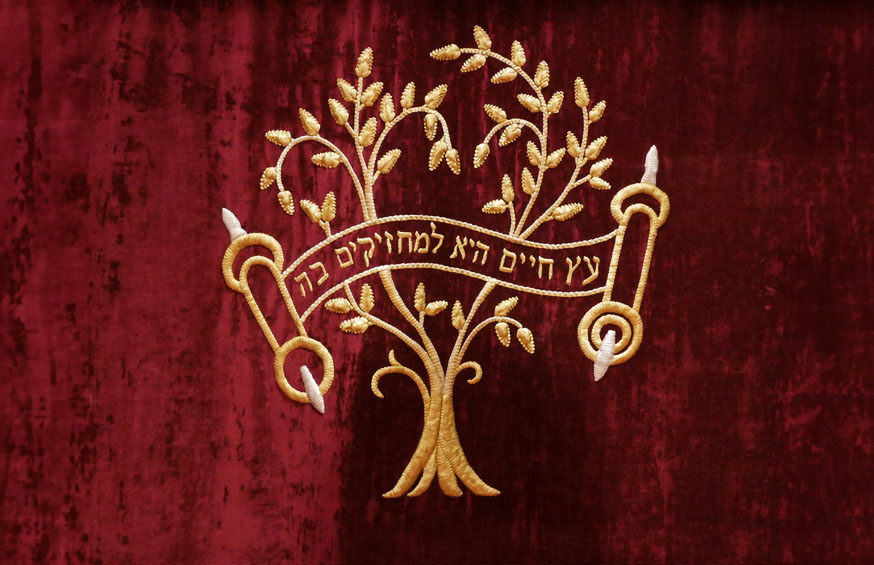Israel does not have a policy problem. It has a voter maturity problem.
That is the essence of my New York Times article from today. Naturally, I urge you to read it (here). The following paragraphs add to it and refer to some issues that I could not include in that article.
It’s not that Israel’s policies are all perfect; it’s not that there is no room for improvement. Surely there is plenty of such room. But when Israelis go to the polls tomorrow, they will not be voting for or against certain policies. They will vote for or against a certain celebrity. Either to keep Prime Minister Binyamin Netanyahu in power, or to get rid of him.
His party – the Likud – does not promote a distinct policy. It promotes an experienced celebrity. Opposition parties – center and left – do not offer a detailed substitute to current policies. They are simply asking the voters to replace a certain man at the helm. Israelis, sadly, fell long ago into the trap of considering personalities rather than policies. Israelis, sadly, have engaged in gossip more than in ideological debate in this election cycle. They cannot find their way out of it.
* * *
From 30000 feet, Israel's political history can be divided into three main eras: From 1948 to 1977 Israel was dominated by one party – Labor. Party ideology was Israel's ideology. From 1977 to 1996 Israel had a true two party system, dominated by Likud and Labor, who had distinctive and contradictory ideas regarding the right path ahead.
Then, in 1996, Israel made a mistake and altered its electoral system by establishing a direct vote for the Prime Minister in addition to a vote for a party. The man or woman at the head became more important than the platform. The new system soon proved to be a disaster and was changed back to the old system. But the new era it wrought is still with us today. Prof. Michal Shamir of Tel Aviv University called this period “dealignment”. For almost 20 years Israel has no dominant party. Its electoral process became unpredictable and chaotic. Too often we vote for candidates who sit on top of empty shells.
(By the way – you can see a magnificent illustration of Israel's electoral history at The Economist. Don't miss it. )
The 2015 election is not likely to change this destructive process of the fragmentation and personalization of Israel's politics. The two main parties, if polls are to be believed, will combine for less than fifty seats out of the 120 seat Knesset. Most other votes will be divided among parties of 4 to 14 seats, many of which have little distinctive ideas to offer. These parties – there are exceptions on the far right and far left – are established not to fill an ideological void, but rather to serve the desire of ambitious politicians to have their own political vehicles.
* * *
In the 1981 elections, Likud and Labor shared 95 seats. Three years later, in 1984, they shared 85 seats. In 1988 it was 79, and in 1992 it was 76.
So the decline in the number of seats started before the 1996 election – but look what happened then:
1996 – 66 seats.
1999 – 45 seats.
2003 – 53 seats, thanks to the popularity of Ariel Sharon.
2006 – 48 (Kadima and Likud).
2009 – 55.
2013 – 50 (counting Likud and Israel Beiteinu as one party plus Yesh Atid)
2015 is not likely to break a new record – but it still can. Will it be a 45, a 46, a 47, a 48? A 50 would be a nice surprise.
* * *
When the elections are over, several parties with small numbers of voters will have a significant impact on the actual consequence of the election because of their ability to destabilize any future coalition. In other words: it would be a mistake to attribute great significance to the tally of the vote. Lacking a clear mandate to rule – and no party is going to get a number of votes that amounts to a clear mandate, no matter if the gap between left-wing Labor (The Zionist Camp) and right-wing Likud is two, three, four, or even six seats – much more significant is the post-election dynamic of negotiations between the parties. The outcome of Israel's elections is likely to be determined not tomorrow, but rather between four and six weeks from now.
Surely, numbers do matter. A greater gap in favor of Labor, as the last polls predicted, would give Labor's Yitzhak Herzog a stronger claim to power. Nevertheless, this can merely get him as far as having a better seat at the political negotiating table. There, he would still need to accommodate an unruly group of parties with conflicting interests. Netanyahu's situation, if he is the one to ultimately get the better seat, is going to be a similar one.
* * *
One remedy to this highly problematic situation is to have a so-called “unity government” in which both Likud and Labor take part as the senior partners. Israel has had several such uneasy alliances in the past, some more successful, others less so. The public used to like the idea of a unity government – but according to recent polls it no longer does.
That's another testimony to Israeli voters' inability to make up their mind. They want to vote for small parties, but also want more stable governments, and also seem to refrain from giving their votes to parties with clear agendas, and also object to a Likud and Labor unity government?
Something's got to give.
* * *
Surely, unity has its many downsides: it entails constant compromise, and thwarts boldness in devising policy. It leaves all Israelis unsatisfied; no one gets to see all of his agenda materialize. It weakens both major parties and sends many voters to search, yet again, for the next fashionable new party that can break the logjam. If one believes that a leftist government can bring about peace with the Palestinians – one would not want a unity government. If one believes that only a right wing coalition could withstand the constant pressure put on Israel to compromise – one would not want a unity government.
But one should not be fooled by electoral rhetoric to believe any of these things. The truth is, that most of the parties from Likud to Labor don't really differ on the major questions facing Israel. They differ in style, in tone, and each has its own celebrity with his own personal magic. But they all want to accomplish similar things in similar ways.
Since a stable coalition is much easier to accomplish when two parties are the two main building blocks; since any narrow coalition would mean caving to special demands and interests of small parties; since a narrow coalition is going to be highly unacceptable to almost half the public; because of all of these reasons, a unity government is probably the easiest, most viable way forward. That is, at least until the Israeli voter, and the parties catering to him, gets more mature and provides us with a clearer verdict.























 More news and opinions than at a Shabbat dinner, right in your inbox.
More news and opinions than at a Shabbat dinner, right in your inbox.